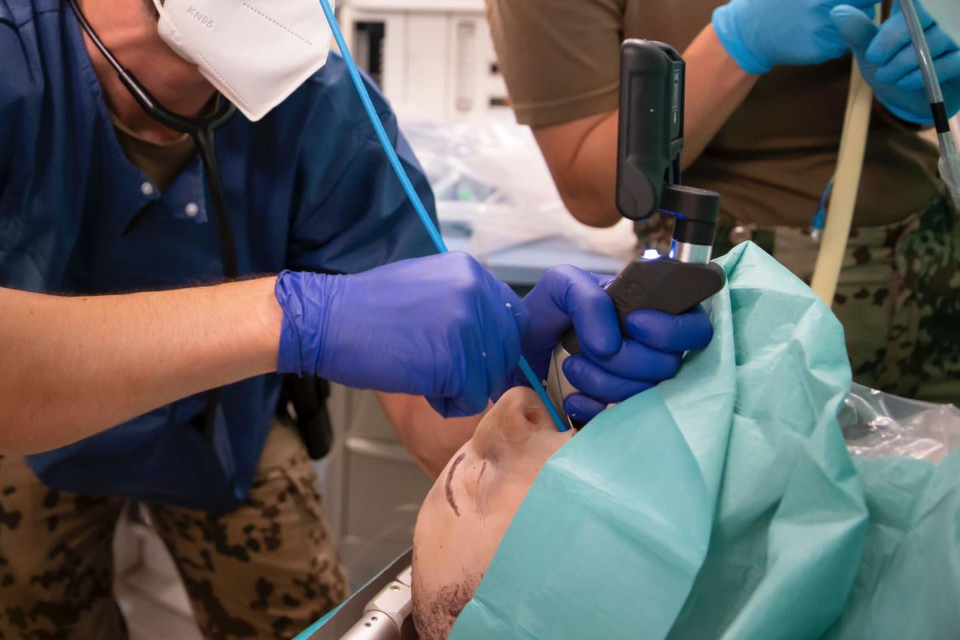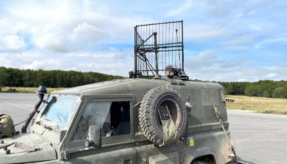
A milestone £5M has been invested by DASA with 31 Wales-based innovators, enabling them to advance their ideas to the next level.
Since 2016, DASA has partnered with innovators across the UK to tackle Defence and Security challenges. We achieve this by welcoming ideas from innovators small and large, and also provide further support to those who have not previously worked with Government.
Wales is home to thriving industries in semiconductors, life sciences, cyber security, optics, and space technology; with a rich tradition of tech innovation. To date, 31 novel Welsh innovations have received funding through DASA’s Themed Competitions and Open Calls, all with the goal of creating technologies that will help address the major security challenges facing the UK today and in the future.
Examples of the DASA Wales funded innovations include:
- Smallspark Space Systems: An innovation to accelerate the design of Solid Rocket Motors using Artificial Intelligence.
- Qioptiq: Multispectral High Resolution Imaging technology that improves the probability of detecting an object of interest over a wide range of environmental conditions.
- Awen Collective: An innovation to enhance cyber resilience on military industrial control systems.
- Compound Semi Conductor Catapult: A low size, weight and power (SWAP) efficient novel power amplifier for semiconductor architecture.
- Mikota Ltd: A novel device for first responders to use in the field to treat knife wounds.
- Trauma Simulation: A modular and highly realistic simulation model to aid training for surgical haemorrhage control, which highlights DASA’s proactive approach.
As a Swansea University spin-out with only one employee at the time of receiving DASA funding, Trauma Simulation were able to further develop their whole-body realistic simulation model to train surgical haemorrhage control. With the help of DASA funding, the company has made significant progress in advancing their technology, including the creation of a female training model. This model has now been adopted into the Military Operational Specialist Teams Training (MOSTT) course.
On working with DASA founder of Trauma Simulation, Professor Ian Pallister, said: “The support I have received through DASA has been game-changing. In close cooperation with Defence Medical Services colleagues, this support has enabled me to develop a system of advanced damage control surgical simulation models which are currently being used both in Military and Civilian education courses. The goal is to enable surgeons and their teams to train in time-critical emergency procedures which can be life or limb-saving in all health-care settings. This would simply not have been possible without the support and engagement of the DASA Team. Thank you.”
Tom Adamson, DASA Wales Innovation Partner, said: “I am delighted that we have hit the £5 million funding milestone for projects based in Wales. Congratulations has to go to all of those organisations who have contributed to this in successfully bidding for innovation funding from the Defence and Security Accelerator. We have funded a diverse range of projects across a number of different areas including life sciences, communications, artificial intelligence and synthetic biology. I would urge anyone who has innovative ideas which could be applied to Defence and Security, to reach out to us.”








